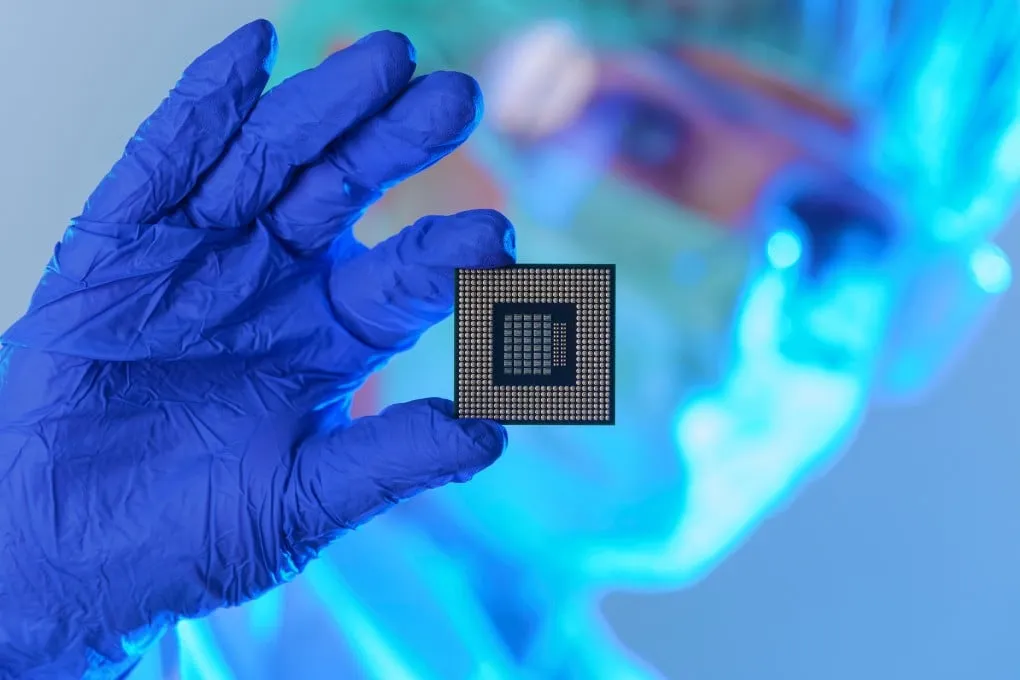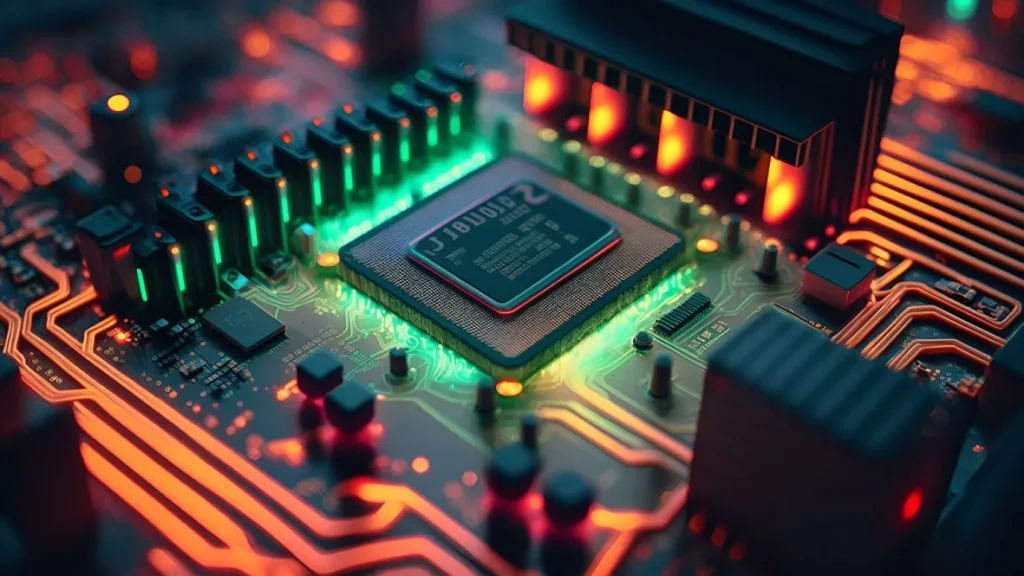
TSMC Suspends Shipments of Advanced AI Chip to China Amid Scrutiny
In a significant development, Taiwan Semiconductor Manufacturing Company (TSMC) has temporarily suspended shipments of advanced AI chip to Chinese companies following a discovery that one of its chips was found in a Huawei processor. This follows a crackdown order from the US Department of Commerce that is trying to establish if some firms are sneaking high-tech chips to Huawei, a firm that is already under severe trade restrictions by the US.
The move by TSMC to halt shipments of advanced AI chip to affected clients is set to take effect from Monday. These chips, mainly for AI, have been under considerable pressure as the US government has recently ramped up regulation of exports of equipment from those such as Nvidia to curb China’s access to the latest technologies.
US Lawmakers Demand Transparency
The suspension of shipments of advanced AI chip by TSMC has coincided with increased pressure from top US lawmakers, who are demanding greater transparency from the world’s leading semiconductor equipment suppliers. John Moolenaar a Republican, and Raja Krishnamoorthi a Democrat have written letters to some contractors like KLA, Lam Research, Applied material, Tokyo Electron, and ASML urging them to provide additional information about their sales to China.
The request has been made as more people and organizations suspect that chip technology may facilitate China’s military development. Whereas some of the firms argue that an aggressiveness of the export controls in the United States would harm competitiveness, the lawmakers argue that there is no reason why they cannot have a both a strong semiconductor tool-making industry and also strong export controls.

Balancing Competitiveness and National Security
The suspension of shipments of advanced AI chip by TSMC and the lawmakers’ call for transparency highlight the ongoing debate surrounding the balance between economic competitiveness and national security interests. In the next few weeks, the White House is likely to unveil more controls of semiconductor exports to curb Beijing’s ability to source high-end technologies. Nevertheless, these proposed regulations have been met with opposition, and are dissented by some Democrats.
These regulations are posing economic headaches to US firms while government officials are also facing unclear impacts. Manufacturers of the equipments and other stakeholders in the industry have argued that in the event that similar restrictions emanating from allied nations are not achieved, American companies could record large loss making propositions. California Democrats have warned that such export restrictions will harm American businesses because partners such as Japan and the Netherlands do not ban exports.

The Global Tech Supremacy Battle
At the heart rate of this brewing tensions is the belief in Washington that China’s rapidly developing semiconductor industry might help its military development. However, efforts to get allies to make further measures have been difficult and this makes US companies fear being placed at disadvantaged.
The clash underlines the fact that the world has been pulled in aumen struggle over technology domain particularly chip technology. As TSMC halts shipments of advanced AI chip and US officials push for more stringent controls, the semiconductor industry eagerly awaits the outcome of this latest chapter in the US-China tech standoff.

TSMC’s Commitment to Compliance
In response to the directive to halt shipments of advanced AI chip, TSMC has stated that it remains committed to adhering to all relevant export rules and regulations. The company’s was following the instruction of the US Department of commerce in export thus showing that the company has a good stand of what constitute the international trade laws in the current world.
The temporary suspension of shipments of advanced AI chip to Chinese companies is likely to have significant implications for the affected clients. While the probe into the allegations of high-tech chips being transported to Huawei proceeds, this industry especially semiconductors will be observing the events and then adapt.

The Path Forward
With the intensification of the Internet of Things, a fight for technological superiority that is already in full gearing between the US and China to the detriment of other nations has resulted in a very precarious position for the semiconductor industry. The suspension of shipments of advanced AI chip by TSMC and the increasing pressure from US lawmakers for transparency from semiconductor equipment suppliers underscore the complex interplay between economic interests and national security concerns.
Now it is necessary to make progress in the further essential discussion of the senate and other responses on the part of politicians, business, and other potential opponents of these sanctions and their allies in other countries as well as in the USA in America to search for fair compromise which will protect national security interests of the United State while not exerting excessive pressure on American pitches’ competitiveness on the international markets. That, therefore, means that collective action by allies will be paramount in ensuring that this is achieved and that there are no undesirable side effects.




